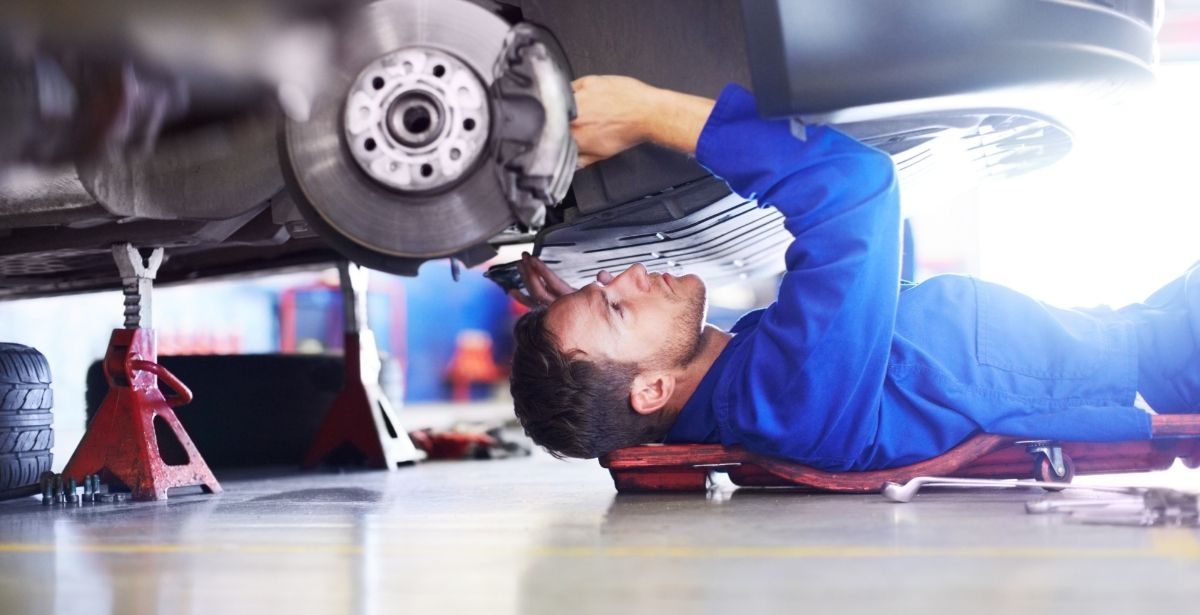Maintaining your vehicle is essential for ensuring it runs smoothly year-round, and a proactive approach to auto repair can save you time and money in the long run. One of the most critical aspects of vehicle maintenance is adhering to the manufacturer’s service schedule, which includes regular oil changes, filter replacements, and fluid checks. Oil is the lifeblood of your engine, and changing it regularly helps prevent wear and tear. Typically, oil should be changed every 3,000 to 7,500 miles, depending on your vehicle type and oil used. Additionally, regularly replacing air filters can improve engine performance and fuel efficiency by ensuring that the engine receives a clean air supply. Tires are another vital component of vehicle maintenance that often goes overlooked. Proper tire pressure is crucial for safety and efficiency; under-inflated tires can lead to decreased fuel efficiency and increased wear. It is recommended to check tire pressure monthly and before long trips. Also, rotating your tires every 5,000 to 7,500 miles helps ensure even wear, extending their lifespan.

Pay attention to tread depth as well; tires with insufficient tread can compromise grip and increase the risk of accidents, particularly in wet conditions. Brakes are critical for safety, and their maintenance should never be neglected. Regularly inspect your brake pads and rotors for wear. If you hear squeaking or grinding noises when applying the brakes, it is time to have them checked. Brake fluid should also be replaced according to the manufacturer’s recommendation, typically every two years, to ensure optimal braking performance. Additionally, BMW auto repair keeping your windshield wipers in good condition is essential for maintaining visibility in adverse weather. Replace wipers at least once a year or when they begin to show signs of wear. Another key aspect of auto repair is checking and maintaining all fluid levels in your vehicle. This includes coolant, transmission fluid, brake fluid, and power steering fluid. Low fluid levels can lead to significant mechanical issues, so regular checks and top-ups are essential.
Pay attention to coolant levels, especially in extreme weather, to prevent overheating in summer and freezing in winter. Furthermore, keep an eye on your battery; corrosion around battery terminals can impede performance. Cleaning terminals and ensuring a secure connection can extend your battery life. Additionally, consider testing your battery’s charge, especially before winter, when cold temperatures can reduce its capacity. Do not overlook the importance of your vehicle’s lights, both exterior and interior. Regularly check that all lights are functioning correctly, including headlights, brake lights, and turn signals. This not only ensures your safety but also helps you avoid potential fines. If you notice any bulbs flickering or not working, replace them immediately. Finally, consider keeping a basic emergency kit in your vehicle, including items like jumper cables, a spare tire, a first-aid kit, and essential tool.
